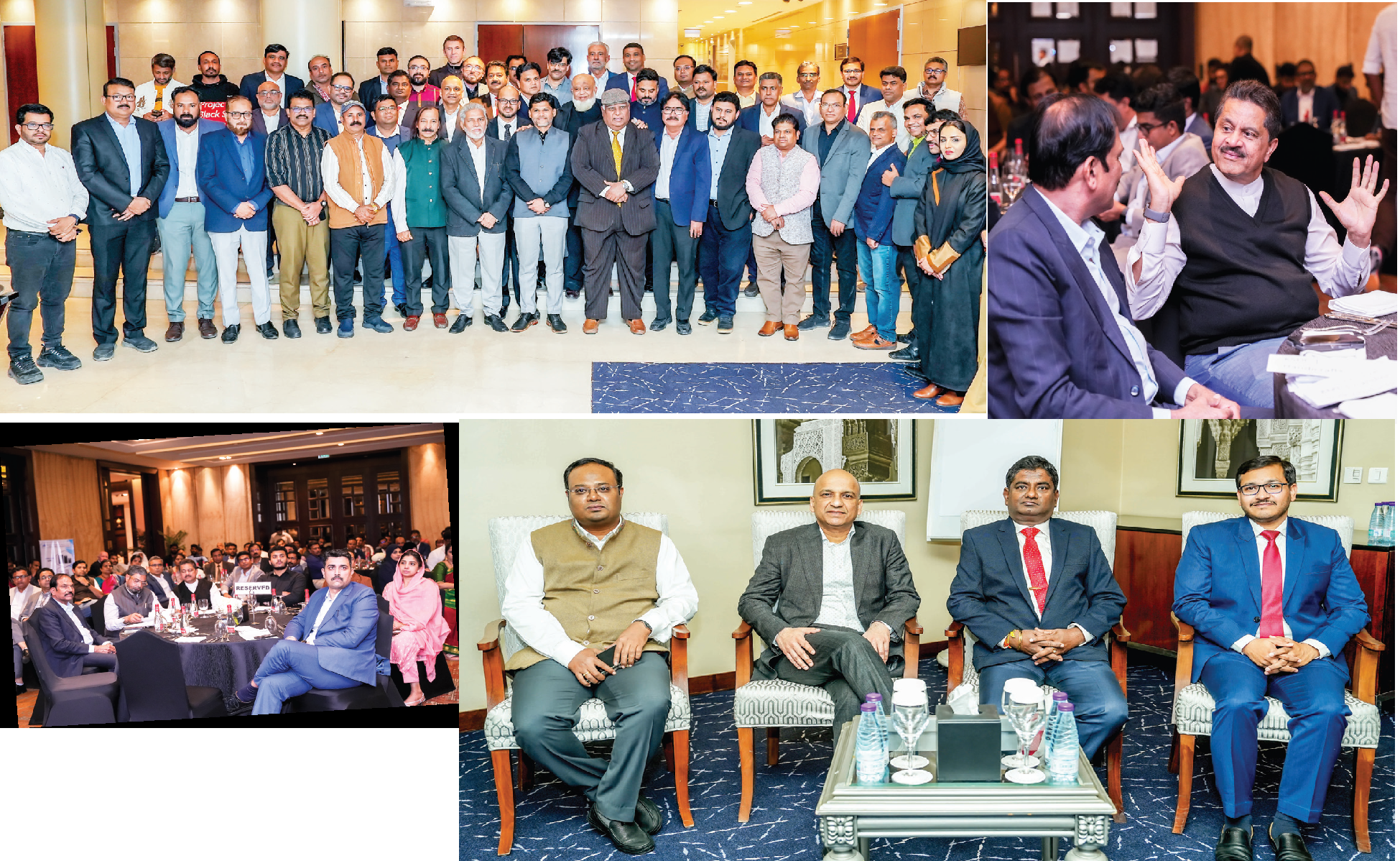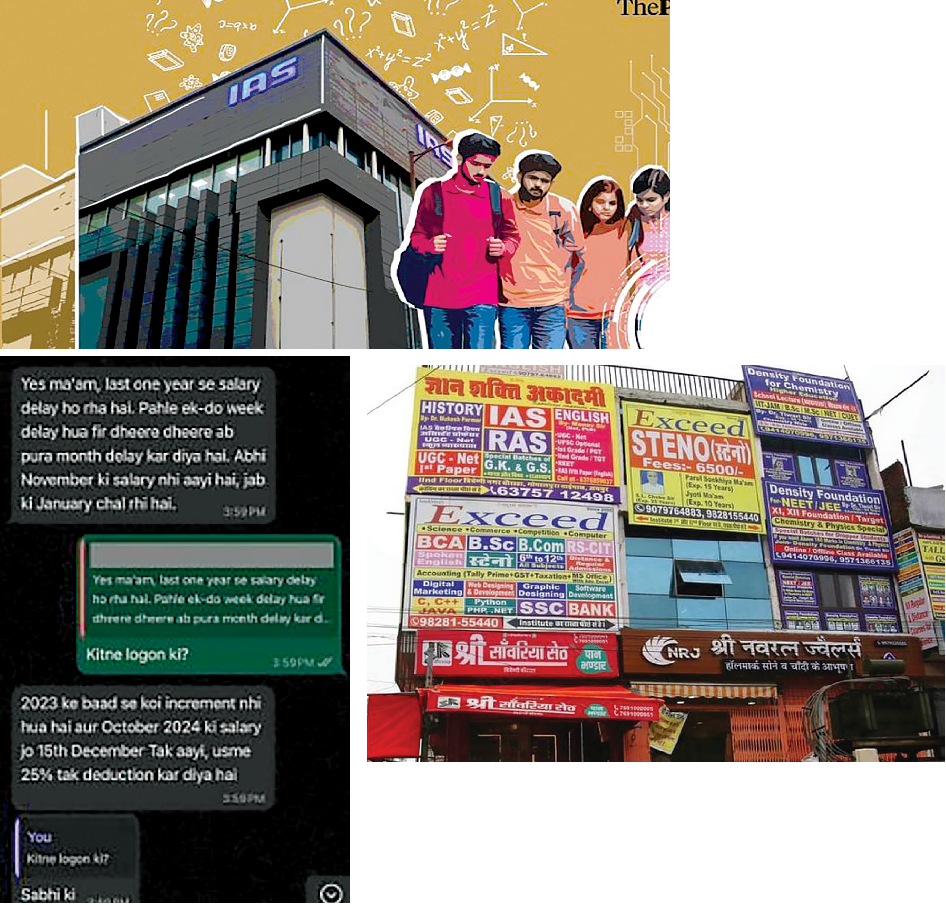
The ‘Real’ Kerala Story: Tales of Communal Harmony From Ground Zero
P Raman
In Karnataka and North India’s communal hotbeds, government authorities have systematically used every religious occasion for shifting punishment onto minorities. But, in Kerala, the gods, the devotees, and their places of worship happily coexist.
On a month-long holiday to the state, this writer found no one talking about stopping the azaan. In some places, mosque authorities voluntarily decided to lower the volume of the loudspeaker.
There were no cow vigilantes on the streets, no bulldozers razing minority properties, no attacks on mosques, madrasas and churches, no disruption of namaz prayers, and no cries to ban hijab, halal, and beef.
This was in sharp contrast to the states like Uttar Pradesh where chief minister Yogi Adityananth had ordered the removal of loudspeakers from all religious places.
Consider The Kerala Story, the fictional film which left a trail of death and destruction, including in places like Akola, Ahmednagar, and Jammu. But Kerala remained calm. No one here found any need for protests, for or against the screening of the film. They seemed to have dismissed it as fiction.
During our Kerala visit, the local media narrated an incident where the azaan from the local mosque blended with temple bells at the Shanthigiri Ashram in Kozhikode. This happened when leaders of the Congress, Communist Party of India (Marxist) and Muslim League were attending a function along with the ashram monk, Gururethnam.
Such incidents, we were told, are not uncommon in Kerala. This news story was published on April 12.
During the same month, the Hindi belt was in the grip of Ram Navami clashes. The violence also spread to Bihar and West Bengal. What happened in Kozhikode was not an isolated incident. In Kerala, religious festivals are increasingly becoming occasions for enhancing social harmony and kinship and celebrating diversity.
For instance, Miladi un-Nabi or Nabi Dinam in Kerala has become an occasion for great bonhomie. Last year, many temple management committees in the state celebrated the day by holding receptions for the rallies organised by the local Muslims.
As per media reports, leaders from churches in many places went to the local juma masjids to greet Muslims. There’s another similar instance of communal harmony when the mohalla committee in Kottakkal in old Malabar celebrated Nabi Dinam. They donated Rs 1 lakh to a differently abled Hindu woman.
However, local RSS leaders described it as a trap for conversion. To disprove this, Lakshmi Kutty’s Hindu friends were also present at the function in large numbers on October 9, 2022.
In Thrissur’s Olarikkara, the local Bhagavati temple committee organised a reception for the Nabi Dinam rally at the temple maidan. The committee president and others welcomed the procession. At Valappad, the vicar of St. Sebastian Church, Father Babu Appadan, went to the new juma masjid to greet fellow Muslims with sweets.
The Bhagvati temple club office bearers at Cherpu in Thrissur district distributed sweets to the participants of the Nabi Dinam procession at the temple premises. A reception held at Vandur near Trissur was addressed by leaders of different communities.
Students of a local madrasa performed a deffmut (Moppila folk dance) in front of the Kacheri Kundur Shiva temple in Vengara. Malayalam dailies widely covered such gestures of harmony. In Manalaya near Perinthalmanna, local Muslim League MLA Najeeb Kanthapuram inaugurated the centuries-old temple’s new building. The chief priest, Narayan Nambudiri, led the puja ceremony. The trustee of the temple, M. Shasidharan, said people of the village cutting across religious divides were living in peace and harmony.
In Malappuram’s Edakkara, Sabarimala pilgrims prepared kheer on the occasion of the inauguration of a new building of the Karapuram Shamsuddin madrasa.
Last year, Punnassery Bhagavati temple near Tirur cancelled its annual festival to condole the death of a local Muslim Cherathil Haider.
In January 2022, the Islamic Institute at Thrissur introduced Bhagavad Gita and Upanishads in its syllabus from this year. The gesture was widely welcomed.
Temples and churches in the state organise iftar parties during Ramzan. The Lakshmi Narasimhamurthi temple began hosting the Iftar party from 2017 onwards. It began after the temple festival coincided with Ramzan that year. Iftars were also held by the temple management committees of Vaniyannur Chathangadu Maha Vishnu temple near Tirur and Sree Puthuveppu Manaliyarkavu Bhagavsthi temple at Othalur.
On the other hand, Hindutva groups, who have a domineering presence in many such local temple committees, fiercely resent such societal interaction. Two months ago, a shade of a renovated hall at the famous Thirumantha
 English daily published in Bengaluru & Doha
English daily published in Bengaluru & Doha






